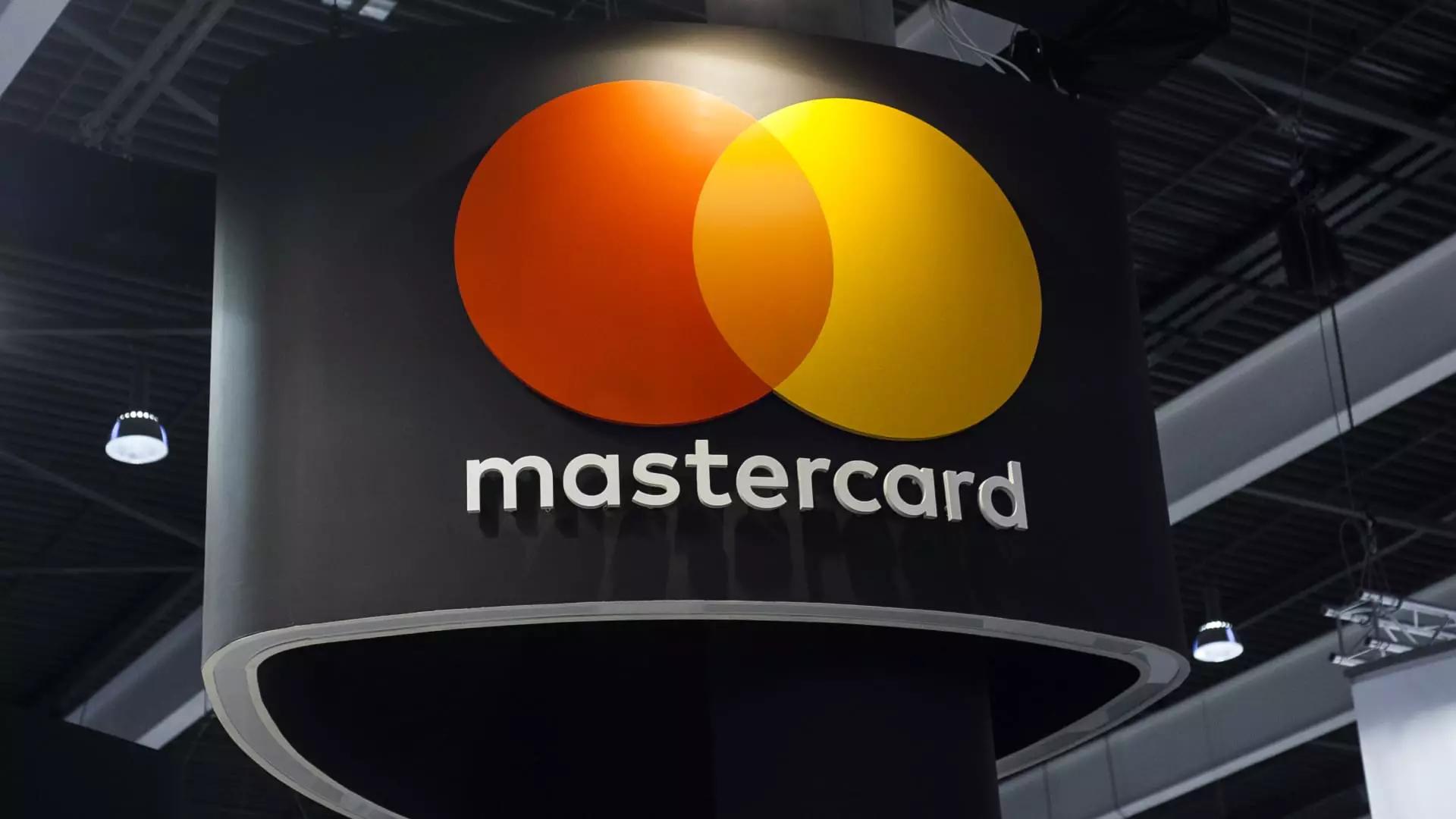In a strategic move aimed at enhancing consumer subscription management, Mastercard recently announced its agreement to acquire Minna Technologies, a Sweden-based software company specializing in subscription management tools. This initiative reflects a broader trend among traditional financial institutions like Mastercard and its competitor Visa as they seek to diversify their portfolios beyond conventional credit and debit card services. The exact financial terms of the acquisition remain undisclosed and are currently under regulatory scrutiny, highlighting the evolving regulatory landscape for mergers and acquisitions in the fintech space.
Minna Technologies is known for its innovative platform that enables consumers to track and manage their various subscriptions seamlessly within their banking applications. This is particularly valuable in today’s fast-paced digital ecosystem where subscription-based services proliferate, from streaming platforms like Netflix to e-commerce giants like Amazon. By integrating Minna’s technology, Mastercard aims to offer a consolidated view of subscriptions to its users, paving the way for better financial management.
The digital subscription model has witnessed unprecedented expansion, with research indicating a staggering 6.8 billion global subscriptions, a figure anticipated to climb to 9.3 billion by 2028, according to Juniper Research. Such rapid growth presents both opportunities and challenges for consumers and merchants alike. While subscriptions provide convenience, they can also lead to confusion and oversights regarding payment commitments, resulting in consumers inadvertently accumulating charges for services they no longer use.
This scenario creates a potential headache for merchants, leading to calls from frustrated customers to their banks to halt recurring payments. By absorbing Minna Technologies into its infrastructure, Mastercard is not just looking to streamline consumer experiences but also aiming to alleviate pressure on merchants by minimizing the likelihood of these contentious situations.
Mastercard’s acquisition of Minna Technologies signifies a decisive pivot toward enhancing its value proposition to consumers amidst rising competition from agile fintech firms. The payment giant has previously made significant strides in product diversification, acquiring Finicity in 2020 to broaden its capabilities in data sharing and transaction facilitation. The recent move to embrace subscription management represents a continuation of this trend, positioning Mastercard to remain competitive in an increasingly digital-first economy.
Furthermore, Mastercard has committed to tokenizing all cards issued within its European network by 2030. This will simplify transactions by enabling consumers to authenticate payments using biometric data, thus enhancing the security and convenience of digital transactions, further cementing Mastercard’s commitment to innovation in the payment space.
The competitive landscape is equally dynamic on Visa’s end. In response to emerging challenges, Visa has recently launched its own innovative service, known as Visa A2A. This initiative streamlines the setup and management of direct debits, allowing consumers to make payments directly from their bank accounts—an alternative to card-based transactions. This shift signifies a concerted effort by Visa to adapt and thrive amid the growing fintech wave.
The rivalry between these two payment giants underscores the importance of technological adaptation in sustaining market relevance. As traditional financial institutions encounter pressure from newer entrants that deliver user-friendly solutions, these acquisitions and tech initiatives are not merely strategic maneuvers but necessities in the race for consumer trust and loyalty.
As Mastercard moves forward with its plans to integrate Minna Technologies’ offerings, the implications for consumers and merchants alike are significant. The integration could simplify subscription management, foster better financial decision-making, and ultimately reshape the relationship between consumers and merchants.
These developments hint at a future where traditional financial services continue to evolve, making room for innovation that meets contemporary consumer demands. The direction taken by Mastercard and Visa will likely redefine the standards of financial management tools available to consumers. As the industry advances, it will be intriguing to see how these organizations further innovate to enhance user experience while meeting the needs of a diverse and rapidly changing market landscape.
Mastercard’s acquisition of Minna Technologies is not just a business deal but a forward-looking strategy aimed at adapting to the complexities of consumer behavior in an increasingly subscription-driven economy.

